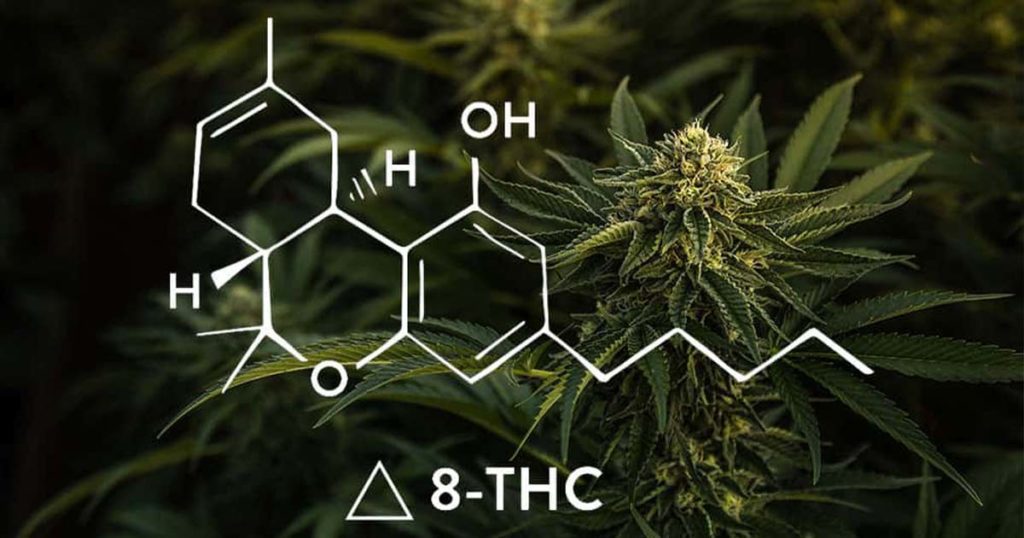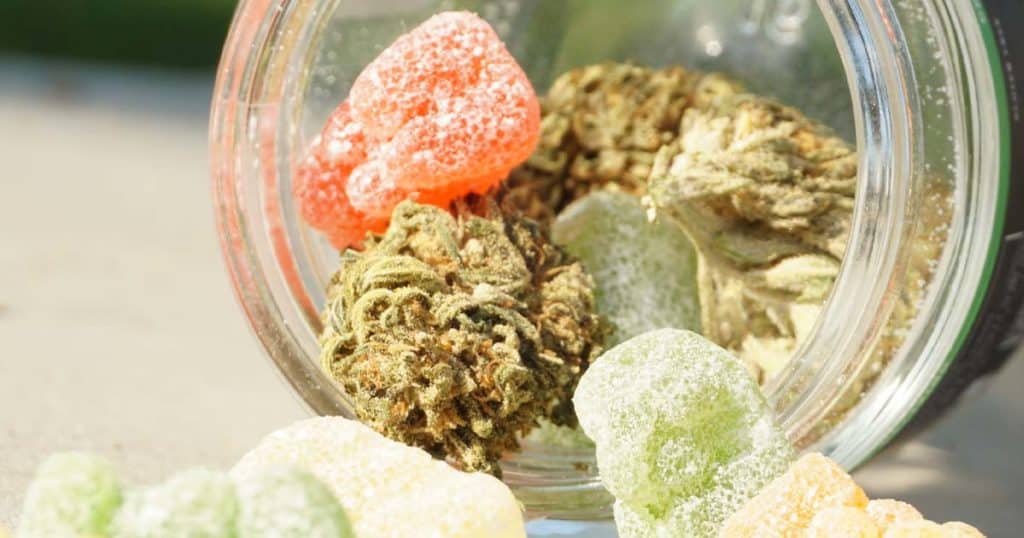Following a recent response letter from the Drug Enforcement Administration (DEA), it has been stated that two cannabinoids already on the market do not meet the definition outlined by the federal agency for legal hemp, and as a result cannot be classified as legal controlled substances.
This letter came as a response to an inquiry raised by attorney Rod Kight in 2022, which he also followed up on earlier this month. The two cannabinoids identified as illegal substances include delta-8 THC-O and delta-9 THC-O.
The Definition Of Hemp
This latest announcement has been attributed to the fact that these substances cannot be found naturally in the cannabis plant. To get these substances, they have to be obtained synthetically from the plant in a laboratory, which is not in line with the definition established for hemp.
Kight went on to note that he had prior concerns related to THCO, and it can be speculated that this was the case for many others. Even so, though suspicions may exist, it’s a topic that many in the cannabis industry may not have fully understood or put further thought into until now.

The Effects Of The Farm Bill
To a large extent, this can all be traced back to the Farm Bill which was established in 2018. It allowed for the legalization of hemp that contains up to 0.3 % of delta-9 THC according to the dry weight.
Since then, the focus has been on the use and consumption of hemp which has caused massive growth in the industry across states. Whether the cannabinoids are natural or synthetic, there’s a huge market for either or both of them.
A Closer Look At Delta-8 THC
One of the most notable and well-known to date has been delta-8 THC which is produced from CBD. Though it also occurs naturally in the cannabis plant, the synthetic means is much preferred because the natural only exists in trace amounts.
However, unlike CBD which tends to produce a calm state, the effects of delta-8 can be described as intoxicating. As a result, many states in the US have worked to have the product regulated.

A Call For Regulations And Laws
Given the latest announcement, many believe that even more concern will be raised regarding the legality of other existing hemp-derived products. Some went so far as to state that an analysis of each cannabinoid may be required.
In an industry that is greatly controlled and governed by specific laws and regulations, congressional action must take place sooner rather than later. Even beyond legal concerns, regulation remains a matter of public health safety, particularly with THC-O, an especially potent cannabinoid as well as the other unregulated varieties.
This is further backed by studies which highlight the harmful effects and potential risks of using this drug. While stakeholders have been calling for the U.S Food and Drug Administration (FDA) to issue statements that would allow for the marketing of hemp-derived products such as CBD, they have failed to do so. In fact, they issued a release cautioning consumers about the use of one such cannabinoid, delta-8 THC.
In the end, it can be said that until further measures are put in place, the onus would be on consumers to determine how they use the various hemp-derived products on the market today.
Moving Forward
On the other hand, recent developments still show a promising future and greater development for the industry. The United States Department of Agriculture (USDA) announced that they would start releasing reports every week on the prices and volume measures as it relates to the hemp industry. This is huge and welcomed news for the industry that will have significant impacts for buyers, farmers, cannabis manufacturers, and ultimately, consumers.
Enjoyed that first hit? Come chill with us every week at the Friday Sesh for a freshly packed bowl of the week’s best cannabis news!

















